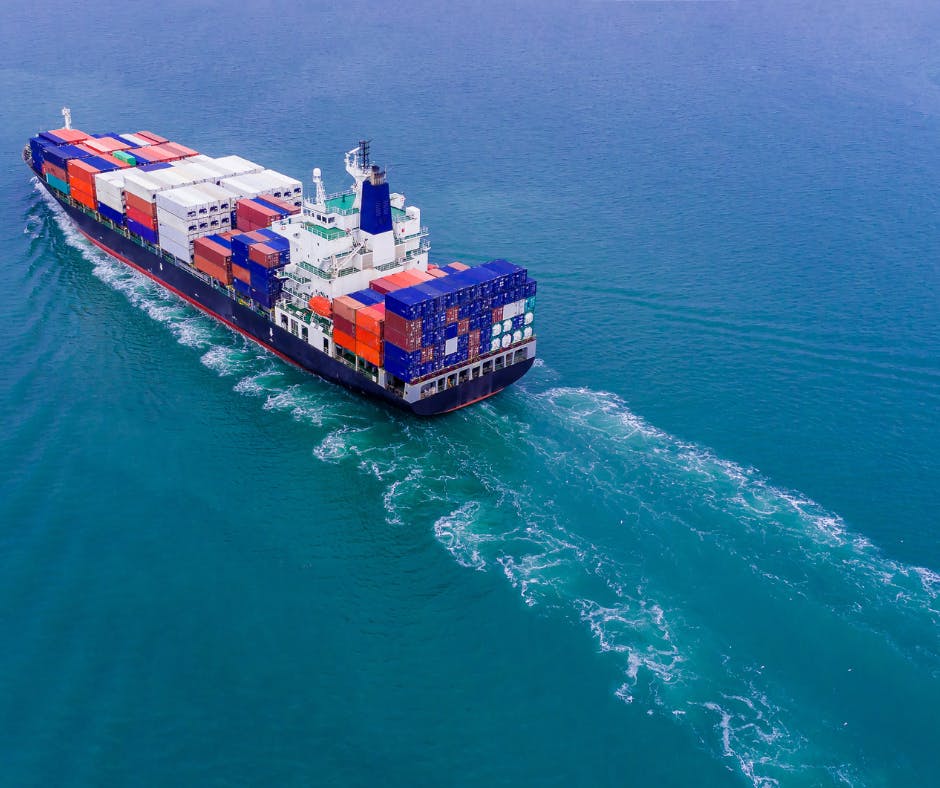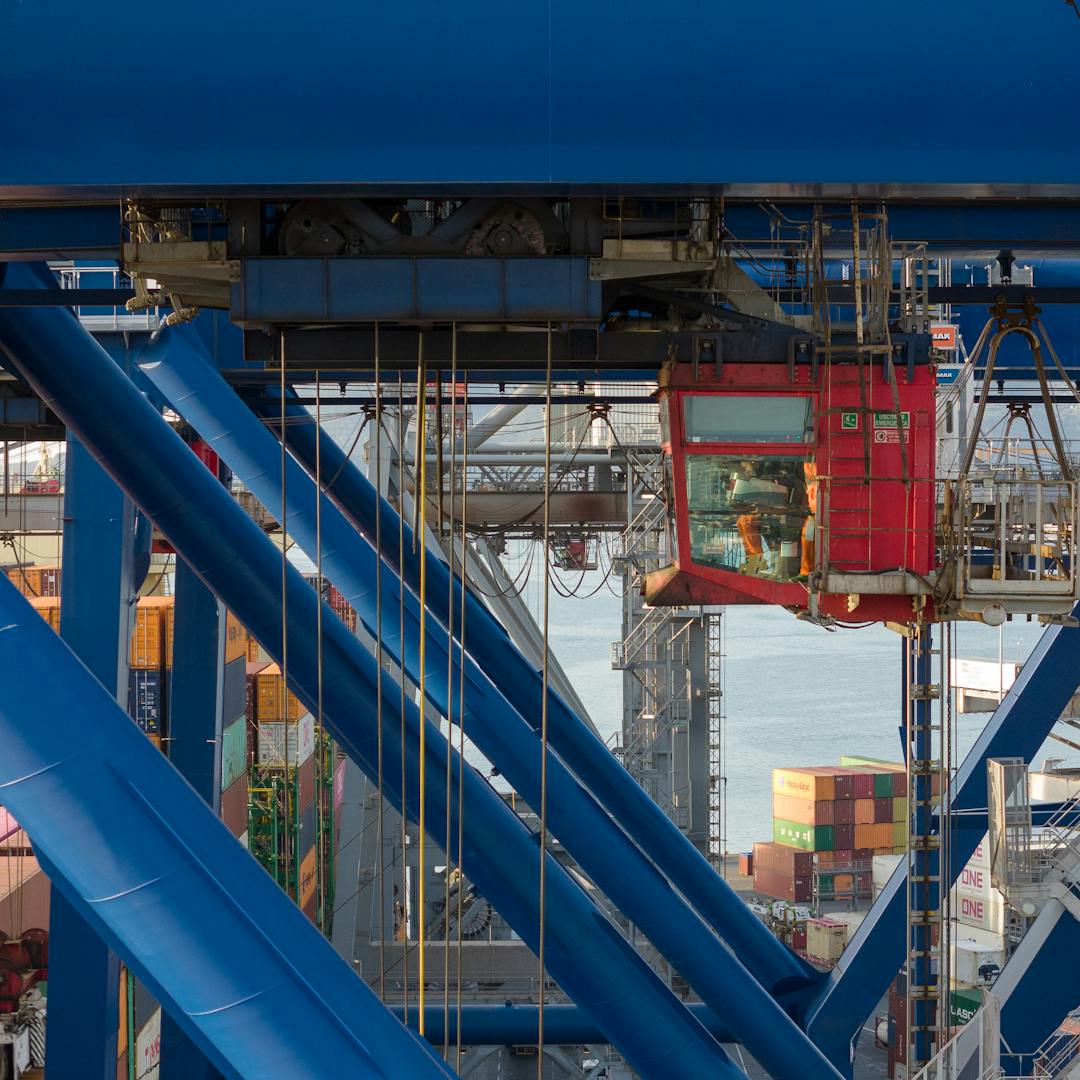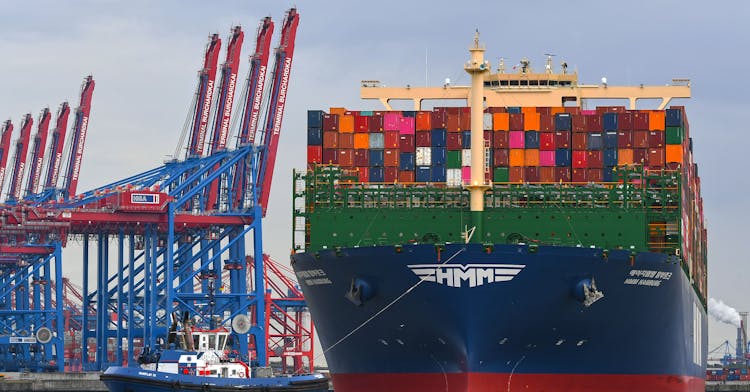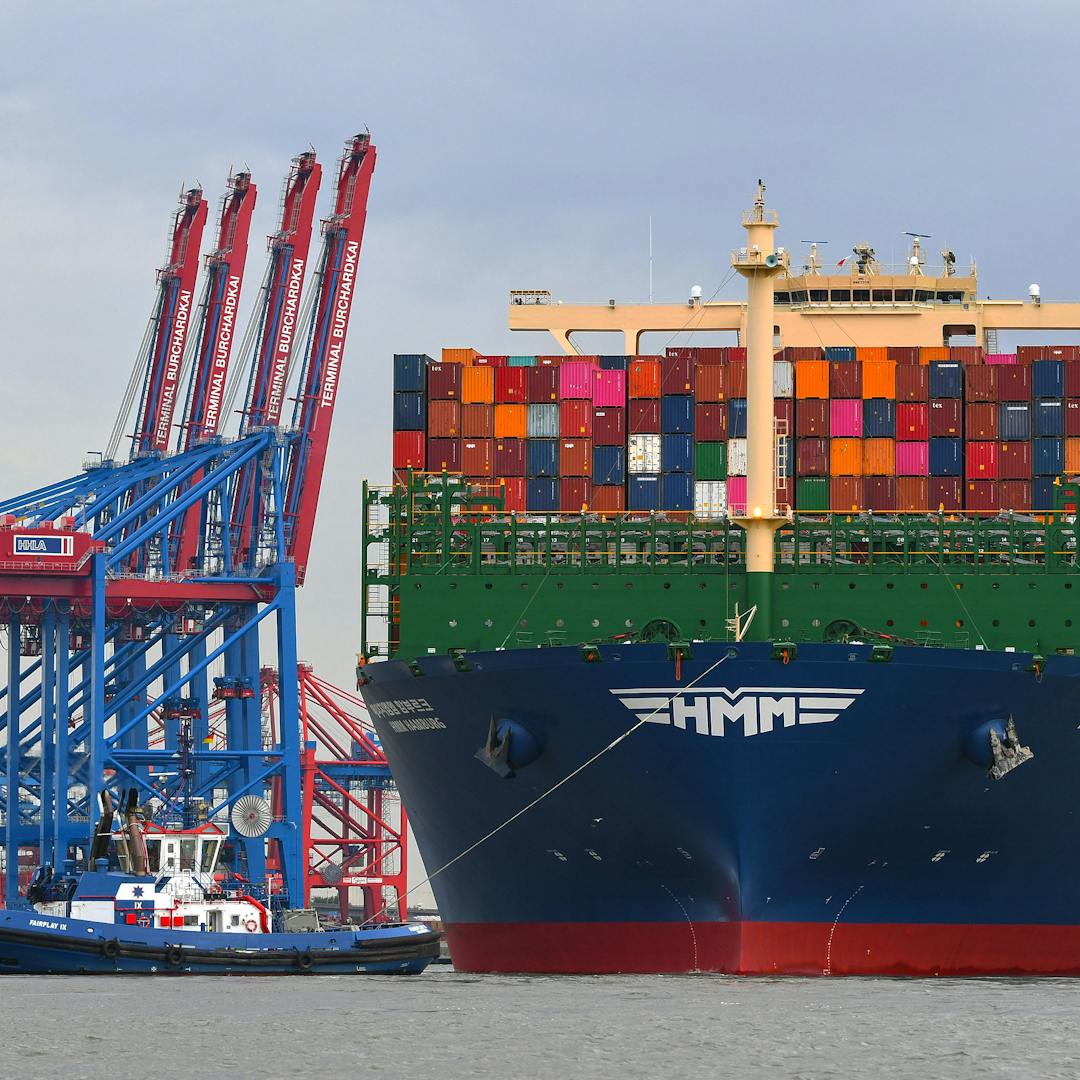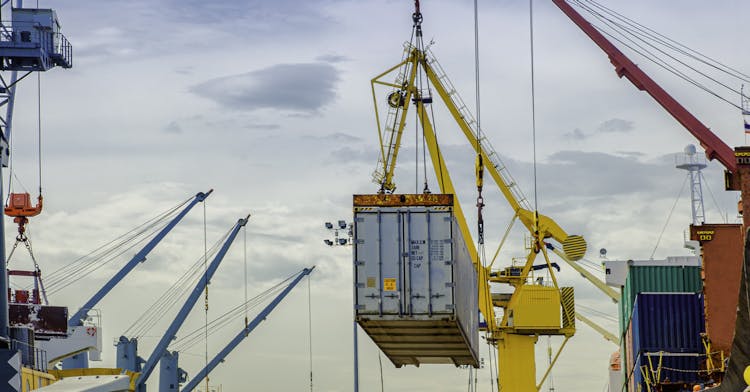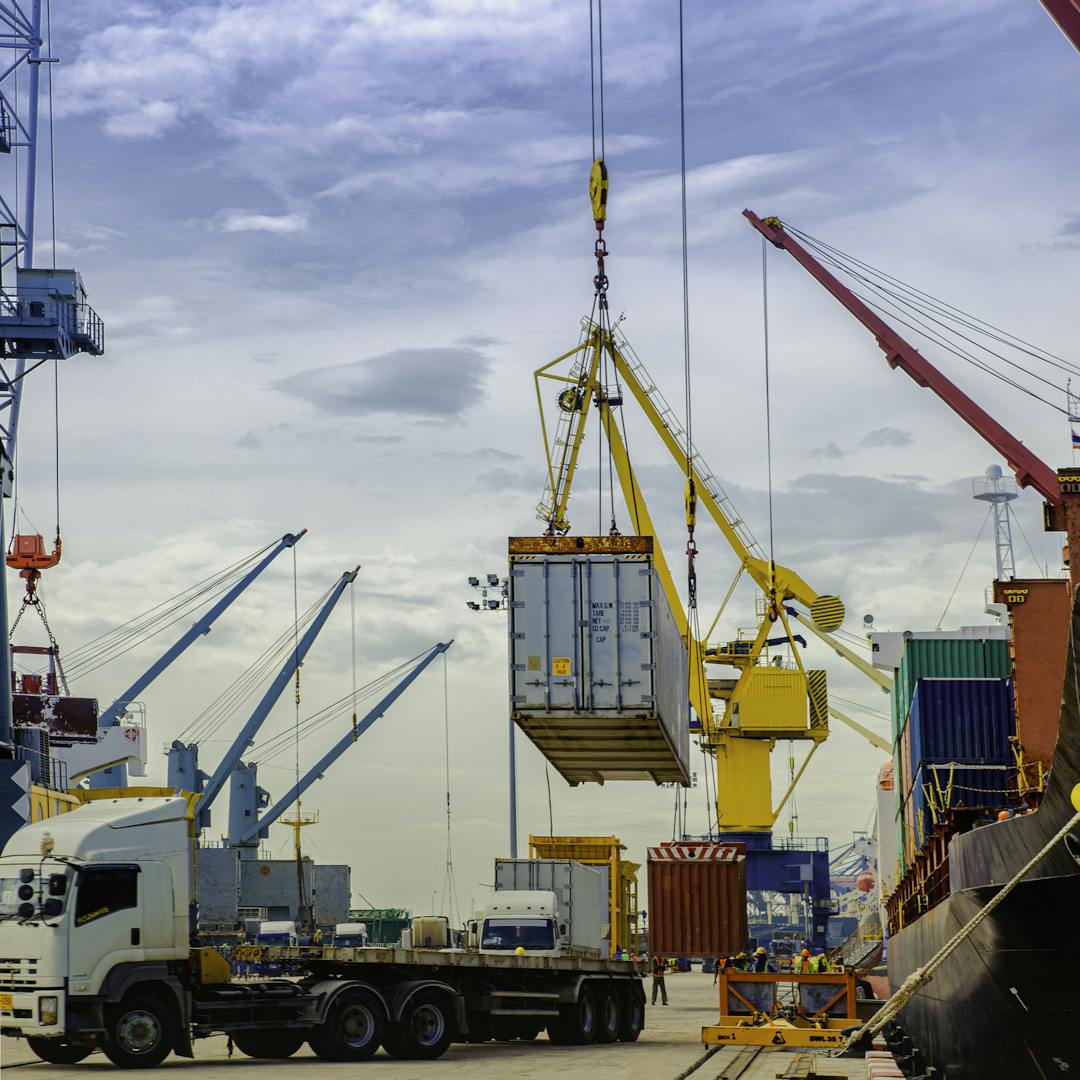Operational Vessel Schedules
Standard documentation
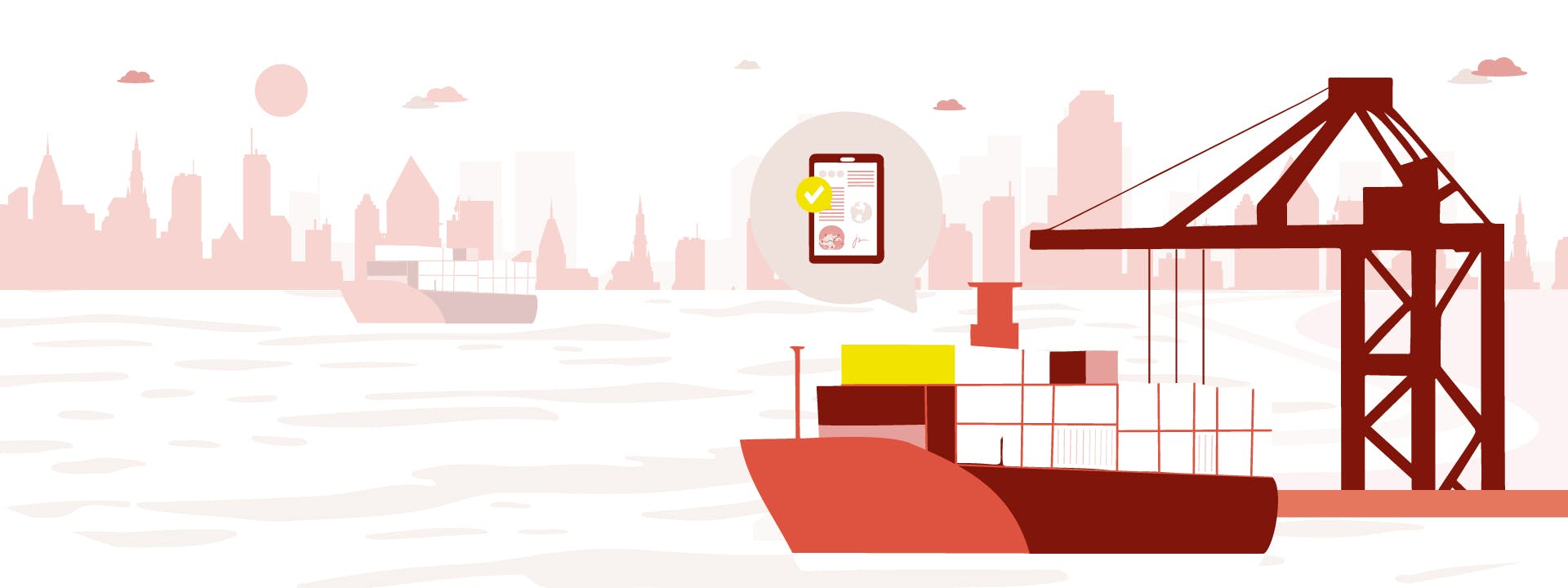
Introduction
DCSA and its member carriers have published the DCSA standard for Operational Vessel Schedules (OVS) for the global container shipping industry. This standard is designed to enable the automatic sharing of vessel schedule data and exception-related information between carriers, operational partners, and their solution providers.
With this standard in place, carriers can digitally publish their schedules, and their VSA (vessel sharing agreement) partners and other operational partners can retrieve updates as needed. This will provide complete vessel schedules transparency, increasing efficiency and enabling better planning and optimisation of container shipping activities.
DCSA’s OVS standard covers the following aspects of vessel schedules for interregional, intraregional, and feeder services:
- Changes and exceptions (i.e., Port Omission, Blank Sailing, Inducement, Phase In/Out, etc.)
- Long Term Schedule & Regional/Coastal Schedule Deep-sea (interregional services) Intraregional & Feeder Services
- Universal References: Universal Service Reference, Universal Voyage Reference and Universal Port Call Reference
The Universal Service, Voyage, and Port Call References provide a way for carriers to standardise how they refer to services using a common naming convention that follows a set pattern.
OVS OpenAPI Specifications
As part of the Operational Vessel Schedules standard, DCSA has also published OVS OpenAPI definitions on SwaggerHub, an open–source API development platform. The OpenAPI definitions for Operational Vessel Schedules follow the DCSA API design principles. Carriers can use the definitions to rapidly implement DCSA standard-compliant APIs.
Documentation on the Operational Vessel Schedules standard, including versioning guidance, can be found on GitHub.
OVS Publication
Download the OVS standards publication below to see how to digitise your OVS based on a common understanding of the data and processes used in scheduling. This approach will enable consistency, simplicity, timeliness and interoperability in operational vessel schedule solutions across the industry.
Operational Vessel Schedules
Below an overview of all documentation for the different releases. Make sure to always adopt the latest release.
2023
Interested in adopting?
Whether you are a port, terminal, solution provider, or ocean carrier interested in implementing an API based on this standard, go to the Developer Portal or reach out to us for additional information.
Interested in adopting?
Whether you are a port, terminal, solution provider, or ocean carrier interested in implementing an API based on this standard, go to the Developer Portal or reach out to us for additional information.

